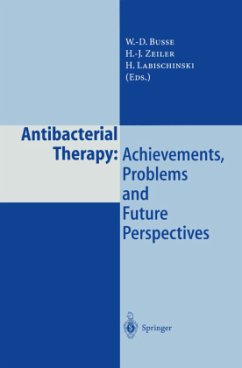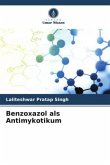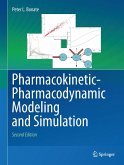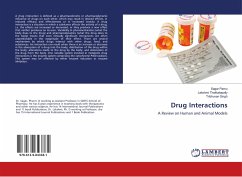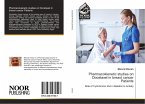At a symposium in Wuppertal held on 26 September 1995, Dr. Karl-Georg Metzger was honored, on the occasion of his retirement, for his scientific contributions and involvement in antibacterial drug research and develop ment within Bayer AG. In 1963 Dr. Metzger was the first "molecular micro biologist" to join Bayer in the field of antibacterial research. Karl-Georg Metzger studied physics and biology at the University of Mainz from 1950 to 1953 and continued his scientific education, with a grant from the Deutsche Forschungsgemeinschaft, in Frankfurt on Main (1953-1956). From 1956 to 1958, under Professor Kaplan, he worked on his DNA following treatment of PhD, studying on "Energy conduction along bacteria with UV light and X-rays and the formation of mutations". He was awarded his PhD in 1959. From 1958 to 1963 he was research assistant in ra diobiology development at the Institute of Genetics in Cologne. During the following years he became fascinated by the emerging fields of molecular biology and gene technology. He worked together with the molecular gen eticists W. Harms and M. Delbriick, who built up one of the most renowned institutes in the world, in Cologne. ''An incredibly interesting time:' Dr. Metzger remembers, in which he got to know a whole series of Nobel prize winners from Niels Bohr to Watson and Crick and Joshua Lederberg, the first to recombine genotypes of bacteria.

